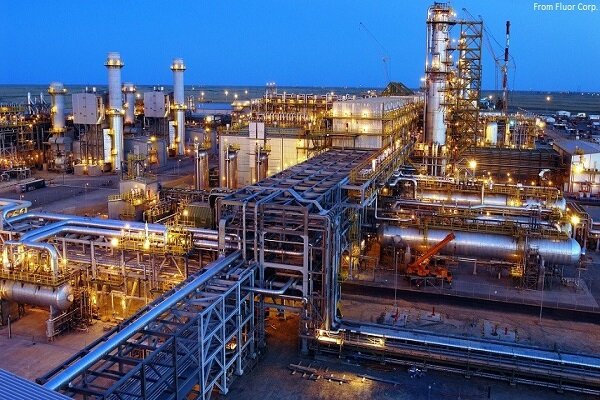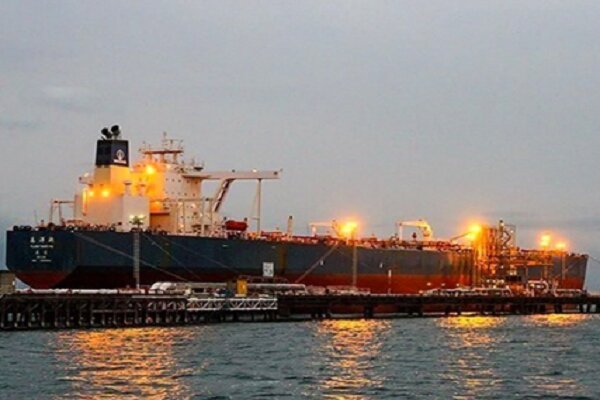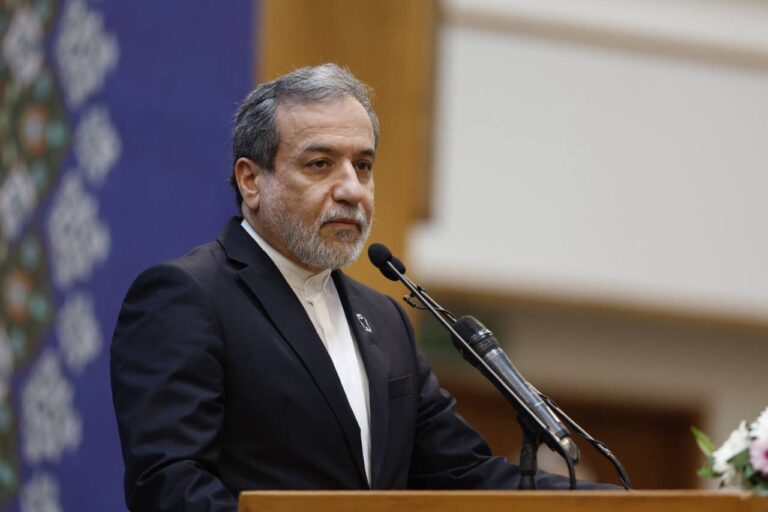PG Star Refinery: A Key Milestone in the Legacy of the Islamic Revolution
The CEO of the National Iranian Oil Refining and Distribution Company (NIORDC), Mohammad-Sadeq Azimifar, has highlighted the urgent need for reforming energy sector governance in Iran. As the deputy oil minister, he underscored the significant achievements of the oil industry since the Islamic Revolution, showcasing advancements that have bolstered the nation’s energy economy.
According to Azimifar, some of the most notable accomplishments include:
- Development of gas fields.
- Advancements in the petrochemical sector.
- Establishment of the Persian Gulf Star Refinery.
These milestones have contributed to:
- Increased gas production capacity.
- Surge in gasoline production.
- Reduced dependence on imported petroleum products.
- Completion of the value chain.
- Growth in petrochemical exports.
- Overall economic growth.
Azimifar further elaborated on the importance of developing oil and gas infrastructure, investing in new technologies, and localizing oil industry equipment. He stressed that despite these advancements, one of the most overlooked aspects over the last 46 years has been the reform of energy sector governance.
While Iran has successfully prioritized the development of oil and gas fields and increased refining capacity, there have been significant weaknesses in energy resource policy-making and management. These fundamental issues have adversely affected the country’s energy economy.
He pointed out that an inefficient subsidy system has led to a sharp increase in domestic consumption, particularly of gas and gasoline. This has resulted in:
- Significant energy waste.
- Lack of motivation for efficiency and optimized consumption.
Such inefficiencies have pressured domestic producers and diminished export revenues, further exacerbating the burden on the government budget. Azimifar’s insights underscore the need for strategic reforms to optimize the energy sector’s performance.
In conclusion, Azimifar acknowledged that while Iran’s oil industry has made substantial progress in developing infrastructure and boosting production, there are critical challenges that remain unaddressed. These include:
- Weaknesses in energy governance.
- Absence of structural reforms.
- Poor consumption management.
These issues require fundamental revisions to ensure the sustainable growth of Iran’s energy sector and enhance its overall economic stability.
As the nation looks toward the future, implementing effective governance reforms will be essential for maximizing the potential of its vast energy resources and ensuring a balanced approach to energy consumption and production. The call for reform is not just about addressing past oversights but also about paving the way for a more efficient and resilient energy economy that can withstand global challenges.
To summarize, the insights provided by Mohammad-Sadeq Azimifar serve as a crucial reminder of the ongoing challenges within Iran’s energy sector. Addressing these issues is vital for not only improving domestic energy efficiency but also enhancing the country’s position in the global energy market.
For further information, please refer to sources like MA/Shana.ir.





